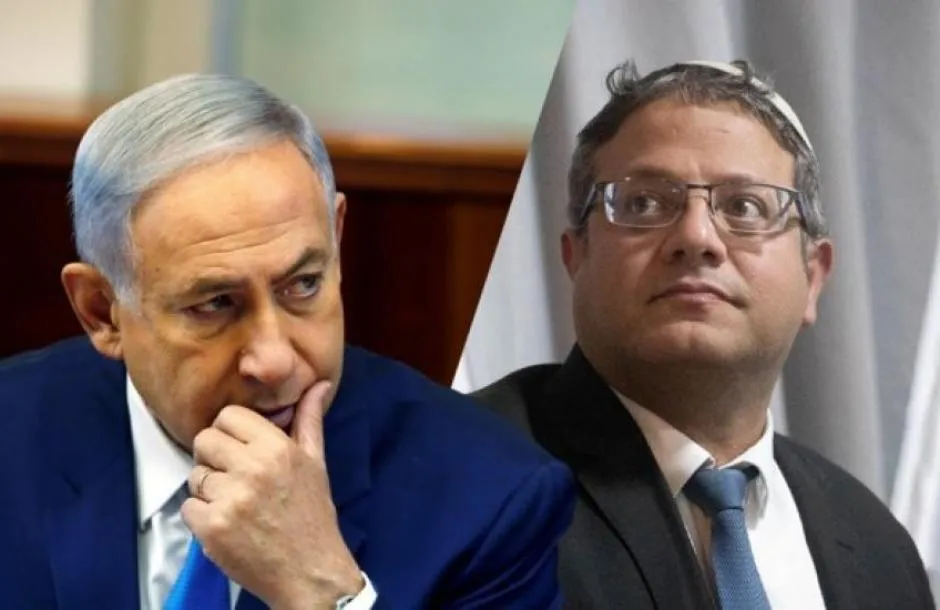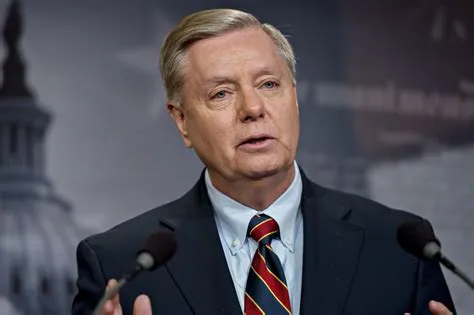jfid – The thick snow blanketing the skies and land of Ukraine has borne witness to a shocking incident that has reverberated across the globe.
A circulating video on social media captures a Russian helicopter ablaze and plummeting to the ground, seemingly shot down by a missile.
This footage appears to be part of a large-scale aerial assault executed by Russia on Ukraine on Monday (10/10).
However, the fundamental question arises: Was this truly a retaliatory strike or an inadvertent error?
Was the helicopter involved one of Russia’s attack helicopter models like the KA-52 or Mi-24, susceptible to shoulder-fired missile attacks?
Were the missiles utilized Manpads or rather Igla anti-aircraft shoulder-fired missiles purportedly owned by Ukrainian forces? And what exactly motivated this assault?
To address these pivotal inquiries, an examination of the background and context of the conflict between Russia and Ukraine is necessary.
This conflict has persisted since 2014, when Russia annexed Crimea and supported separatist uprisings in the Donbass region.
Conversely, Ukraine has staunchly asserted its sovereignty over both regions, making vigorous attempts to reclaim control with the support of Western nations.
In 2022, tensions peaked as Russia launched a large-scale invasion of Ukraine involving ground, naval, and aerial forces.
These strikes targeted various crucial infrastructures in Ukraine, including ports, bridges, airports, and major cities.
These offensives not only incurred material losses but also claimed civilian and military casualties in Ukraine.
One of the most striking casualties was Major General Andrei Sukhovitsky, the commander of the Russian 7th Airborne Division.
He fell in battle in Krasnodar on March 5, 2022, shot by a Ukrainian military sniper.
Sukhovitsky was a senior Russian military figure actively engaged in the military campaign in Syria and served as the deputy commander of the 41st Combined Arms Army.
This series of large-scale air strikes prompted strong reactions from Western nations, particularly the United States.
They provided military assistance to Ukraine by supplying weapons, logistical support, and training.
Furthermore, economic sanctions were imposed on Russia, hindering their access to energy markets.
Russia perceived Western actions as threats and vowed to retaliate firmly and proportionally if further attacks threatened their security.
President Vladimir Putin stated that his forces would target key energy infrastructure and military command facilities with “precision weapons” in response to what he claimed were “terrorist acts” by Kyiv, Ukraine’s efforts to repel Moscow’s invasion.
One incident regarded as a “terrorist act” by Kyiv occurred on Saturday (08/10) at a bridge linking Russia to the annexed Crimean Peninsula.
Allegedly carried out by Ukrainian special services using drones or anti-tank rockets, the attack succeeded in severely damaging a significant portion of the bridge, inflicting material losses on both sides involved in this conflict.










